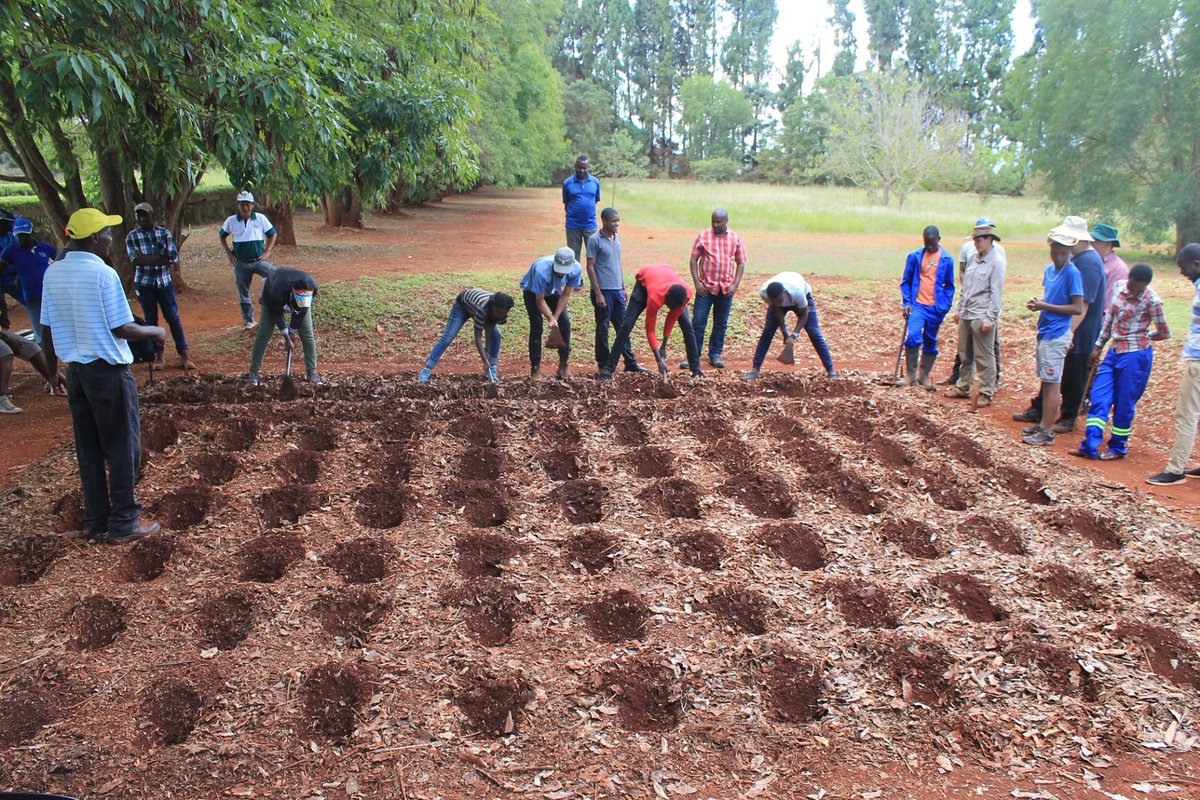3m farmers trained under Pfumvudza
Over three million farmers have so far been trained on the Pfumvudza farming concept, with the majority of them being women.
This was said by Deputy Minister of Lands, Agriculture, Water and Rural Resettlement Vangelis Haritatos while updating the Senate on the programme last week.
He said 3 255 378 farmers had been trained, with 1 772 183 of them being women.
Deputy Minister Haritatos said 5 294 agricultural extension workers and supervisors had also been trained across all provinces. The extension workers and supervisors are expected to train, track and monitor farmers until harvest.
“Farmer training and establishment of Pfumvudza plots by the farmers is work in progress and we are targeting over 1,8 million households by October 2020,” Minister Haritatos said.
He said targets had been set for provinces based on their household populations.
“These targets have been communicated to Ministers of State for Provincial Affairs and Devolution,” he said.
“It, therefore, follows that each province will produce at least 250 000 tonnes of cereals and a corresponding 45 000 tonnes of oil seeds.
“The national production is expected to be 1,8 million metric tonnes of cereals and 360 000 metric tonnes of oil seeds, both sufficient to meet human consumption requirements for a year.”
The concept was adopted by Government to address the problems of low productivity, low production and low profitability of farming which continue to negatively affect the food security situation in the country.
Deputy Minister Haritatos said because of the low productivity and low production, the country had become a perennial net importer of cereal grains.
“The low productivity has been caused by a number of factors, among them poor agronomic practices, poor soils, the impact of climate change and failure to approach agriculture from a business perspective by both farmers and our extension system,” he said.
“Climate change impacts are characterised by poor rainfall seasons, prolonged mid-season dry spells, very high temperatures during the growing season and the early cessation of the rains.
“Thus, the adoption of the Pfumvudza concept, which is based on conservation agriculture principles, will help climate-proof agricultural production and in particular the food production sub-sector.”-herald










